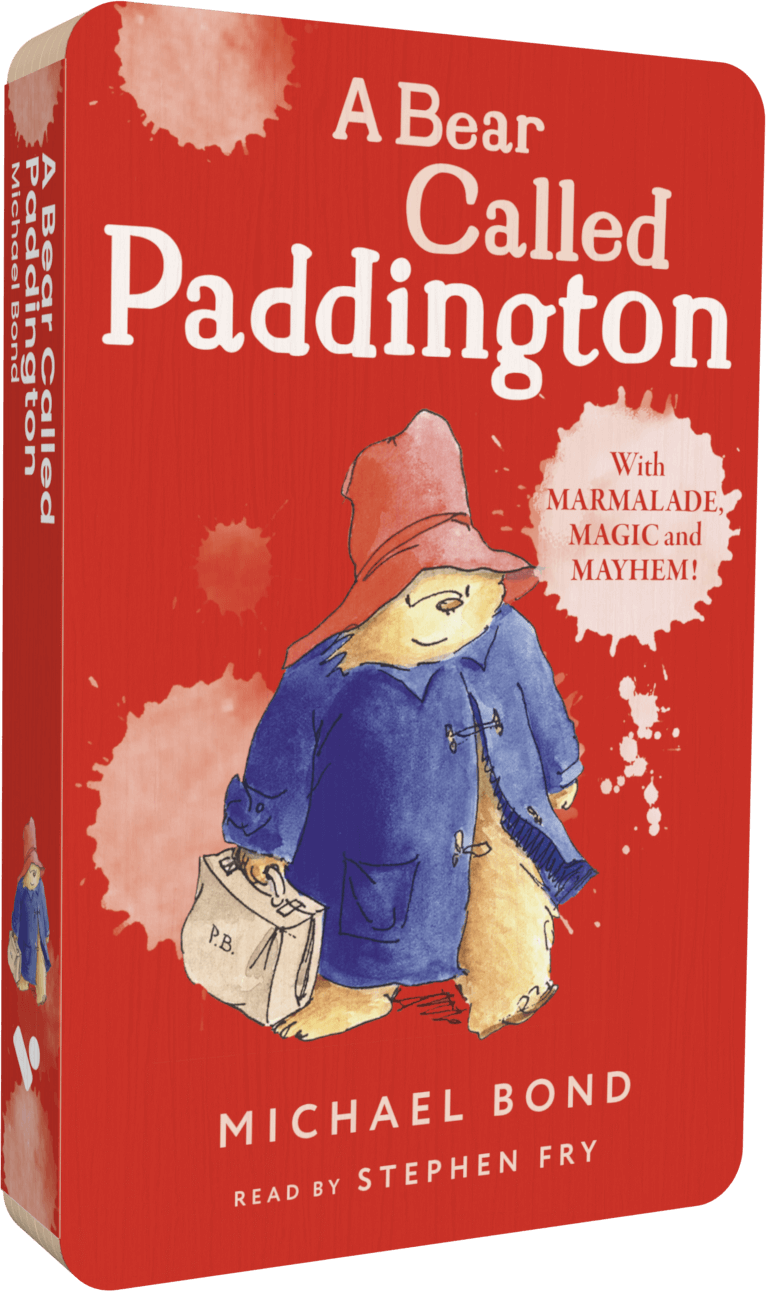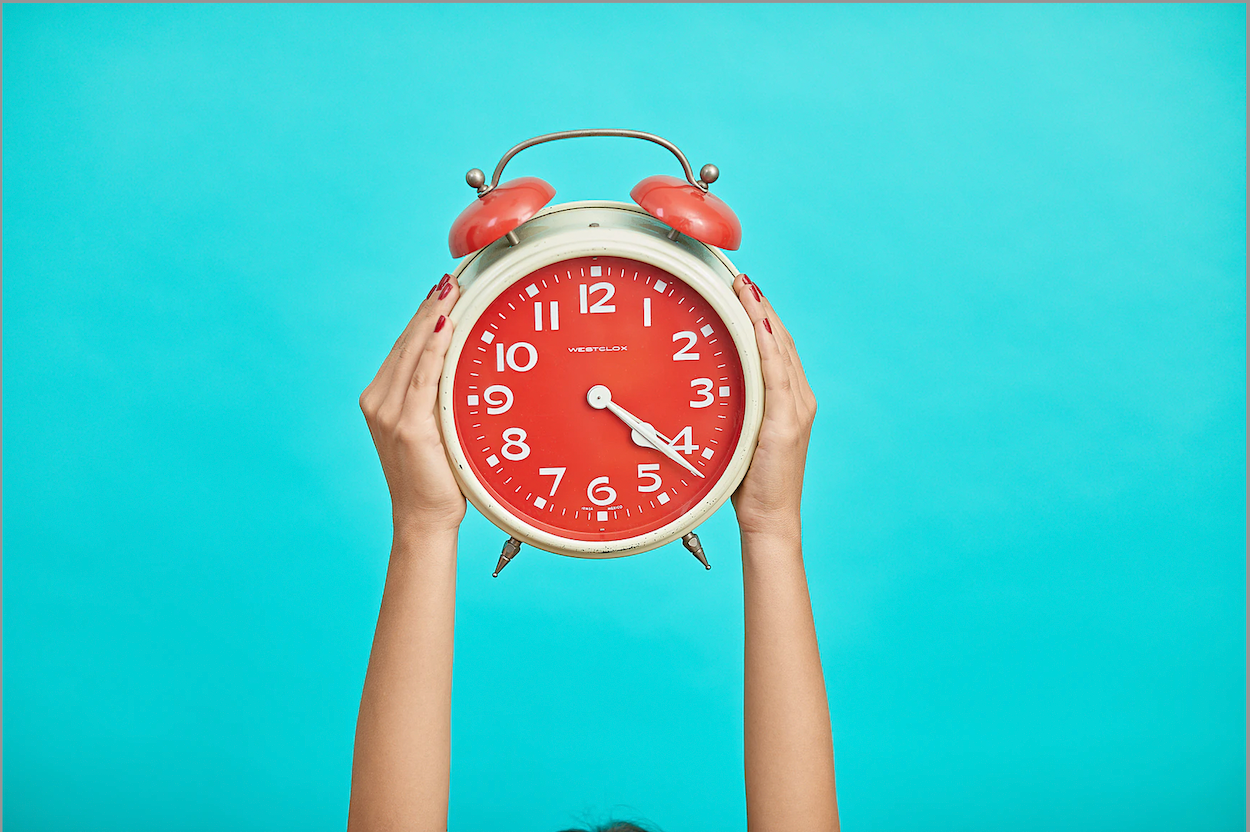It’s no secret that book sales - both print and audio - have shot through the roof in the last couple of years (I wonder why that might be?) But what contributes to a bestselling audiobook? And why does the list of audio bestsellers differ from its print counterpart?
Audible's bestsellers
Audible’s bestselling title of 2021 might seem surprising. It’s not a new release, but one that’s fifteen years old. The 2021 top spot was awarded to: Dune by Frank Herbert. A full cast recording first released in 2006, Dune is a 1965 science fiction epic that didn’t even feature in last year’s print top ten, let alone top it.
So why have audiobook listeners taken it to their hearts? Well, we can safely assume that its resurgence in popularity last year was due to the release of the blockbuster film adaptation, starring Timothée Chalamet and Zendaya. But it’s interesting that it was the audiobook that sprang up the charts following the film’s release. This might be because audiobooks are increasingly being seen as a counterpart to screen drama. You can read more about this here, but audiobooks are no longer confined to readings by a single narrator. More and more, they are being seen as dramatic forms in their own right, with huge casts and blockbuster budgets. With that in mind, it’s perhaps unsurprising that the most popular audiobook of 2021 was an immersive epic, with a counterpart on screen.
A great narrator makes all the difference
Another reason why print and audio bestseller lists can diverge, is the role of the narrator. Matthew McConaughey’s Greenlights is a great example. The title performed well in all formats, but while it sits at number two on Audible’s 2021 bestseller list, it doesn’t feature in the UK’s print top ten. This is surely due to the fact that McConaughey narrates his memoir himself. The actor infuses the audiobook with his own personality, creating a reading experience that is entirely different, and arguably richer, than the printed version. A particularly compelling narrator can propel a well, or even averagely performing book, to stratospheric heights.
All about genre
Certain genres have also proved themselves more popular in audio than others, with sci-fi being a prime example. Three of Audible’s top ten bestsellers last year are sci-fi. This may not seem like a lot, but there isn’t a single sci-fi title in the print top ten. Why do tastes differ so much between formats? It could be that certain genres just lend themselves to audio more effectively. But could it also be due to differing audiences?
A 2020 Swedish study found that men listen to more audiobooks than women. This could be a key reason why the titles favoured in each format are different, as we know that men and women (by and large) consume different genres. Fionnuala Barrett, audio publishing director at HarperCollins, supports this theory. She claims that the audiobook boom of the last ten years has been driven by “tech-adopting young men,” who may not typically browse book shops, but would browse the app store and make a point of trying new technology.
There are a multitude of factors that influence bestseller lists, in all formats. Social media has had an immeasurable impact in recent years, most recently the advent of ‘BookTok.’ TikTok users are propelling titles up bestseller lists, often ones that were published several years ago. Adam Silvera’s They Both Die at the End reached the print top twenty last year, the first YA title to do so since 2015, a testament to the influence of TikTok on the publishing industry. But as audiobook sales grow, so does the medium develop its own unique audience. Audio is a different, albeit related, artform to print, and the increasing divergence in bestseller lists reflects the fact that audiobook listeners have their own interests and wants.
Sources:
UK book sales in 2021 highest in a decade
Men read as much as women, at least when it comes to audiobooks
'Your throat hurts. Your brain hurts': the secret life of the audiobook sta




